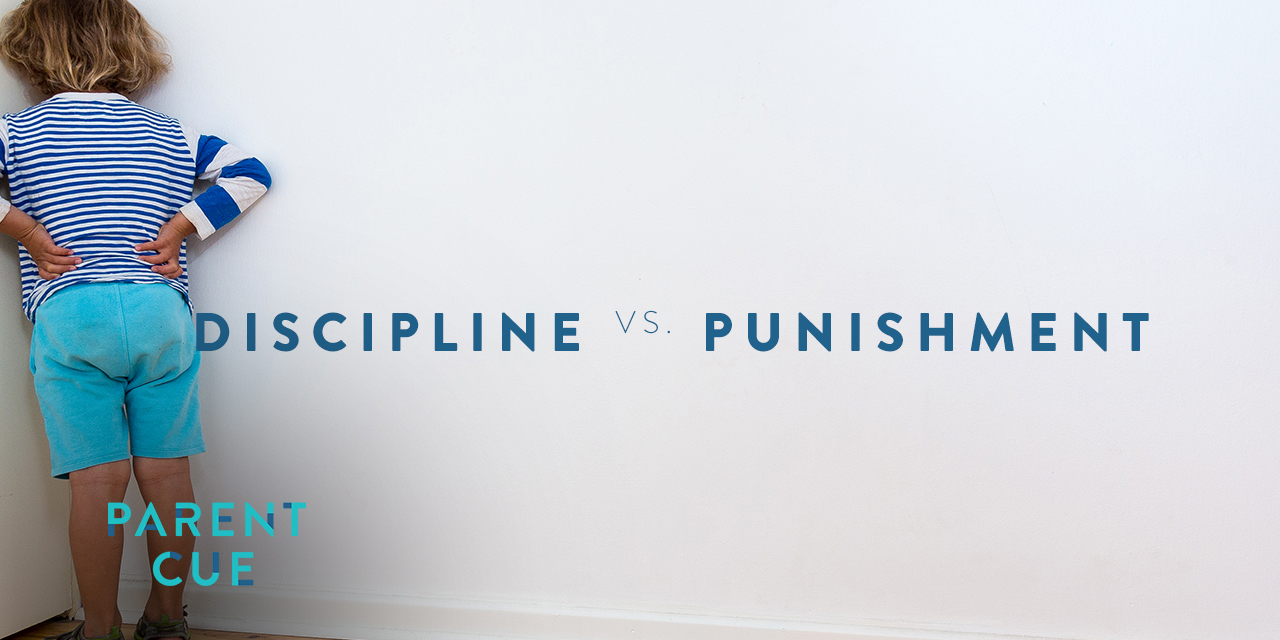
I remember being told from day one of parenting, that the years would go by fast. That I should be “numbering my days.” And like all mothers, I accepted the nostalgic platitude, and then went about worrying how I would make it through the next 24 hours—the immediacy of the uncharted days before me feeling more pressing than the far off “some day” when my kids would be independent and self-sufficient.
I have heard all the advice and been offered all the insights. And still, at the time, they didn’t seem quite tangible.
Until now. Now, as we register our oldest for kindergarten, as we are only a few months out from entering a new season, when we are on the brink of big change. Now, I am realizing more than ever, my days really are numbered.
The closer I get to Asher starting school, the more I feel like every moment matters and I find myself wondering if I did enough in the years leading to this one. I am tempted to look backwards at how I’ve done so far.
Numbered days have a way of doing that to you.
The passing of time will make us panicky about how much we have left and insecure about the time that’s already passed.
A couple of weeks ago, the Christian calendar entered the season of Lent. Traditionally, this is a time, like Advent with Christmas, where our days are numbered and leading towards a marked event. Unlike Advent, Lent is more nostalgic, more internally reflective. It too is leading to something, but the road is marked with sacrifice and contemplation.
Lent prompts us to reflect on who we are and what needs to change. It causes us to look backwards and do a self-inventory, to be honest about where we have fallen short, and to be transparent about the parts of us that got the better of us—but shouldn’t have. But if we aren’t careful, Lent can turn into a morose miserable time so focused on what we are giving up, on the ashes of our lives, that we forget Easter is just around the corner.
In the same way, numbering our days in parenting has the potential to trap us in our expectations of who we should have been without looking forward with expectancy to what could be. It keeps us looking backwards with nostalgia rather than forward with willingness. And if we aren’t careful, this can ruin us.
Looking back we can make ourselves miserable thinking, “I should have been more patient, I should have been less frustrated, I should have spent more time playing instead of scolding, helping instead of critiquing. I should have read more, prayed more, played more catch, and just had more fun.”
And although reflection can be good, it cannot be where we stay.
Self-inventory at Lent isn’t the end of the story. Easter is.
Numbered days aren’t the end of our parenting story. Embracing what’s next is.
We aren’t numbering our days in our parenting so we can beat ourselves up about the job we should’ve been doing. We number our days so we can journey forward, hopeful that a God who makes resurrection possible can make something beautiful with what we have left—and what is coming next.
Easter is around the corner on our calendar.
Change is around the corner in our house.
Easter is a celebration of newness. And change can be too.
Yes it’s hard. No, it doesn’t feel like a celebration. The emotion I feel over my oldest starting school six months from now may be more close to irrational than I am comfortable admitting. But I will look at the time I have left not as a sentence, but as an invitation.
An invitation for a new start in a new stage.
Beauty can come from ashes. What happens next can always be better than what’s happened before.
And I know that if I can learn to be present in the days I have left, I am doing the best job at preparing for the days I have coming.
(This article originally posted in March 2015. Asher is now in third grade.)




